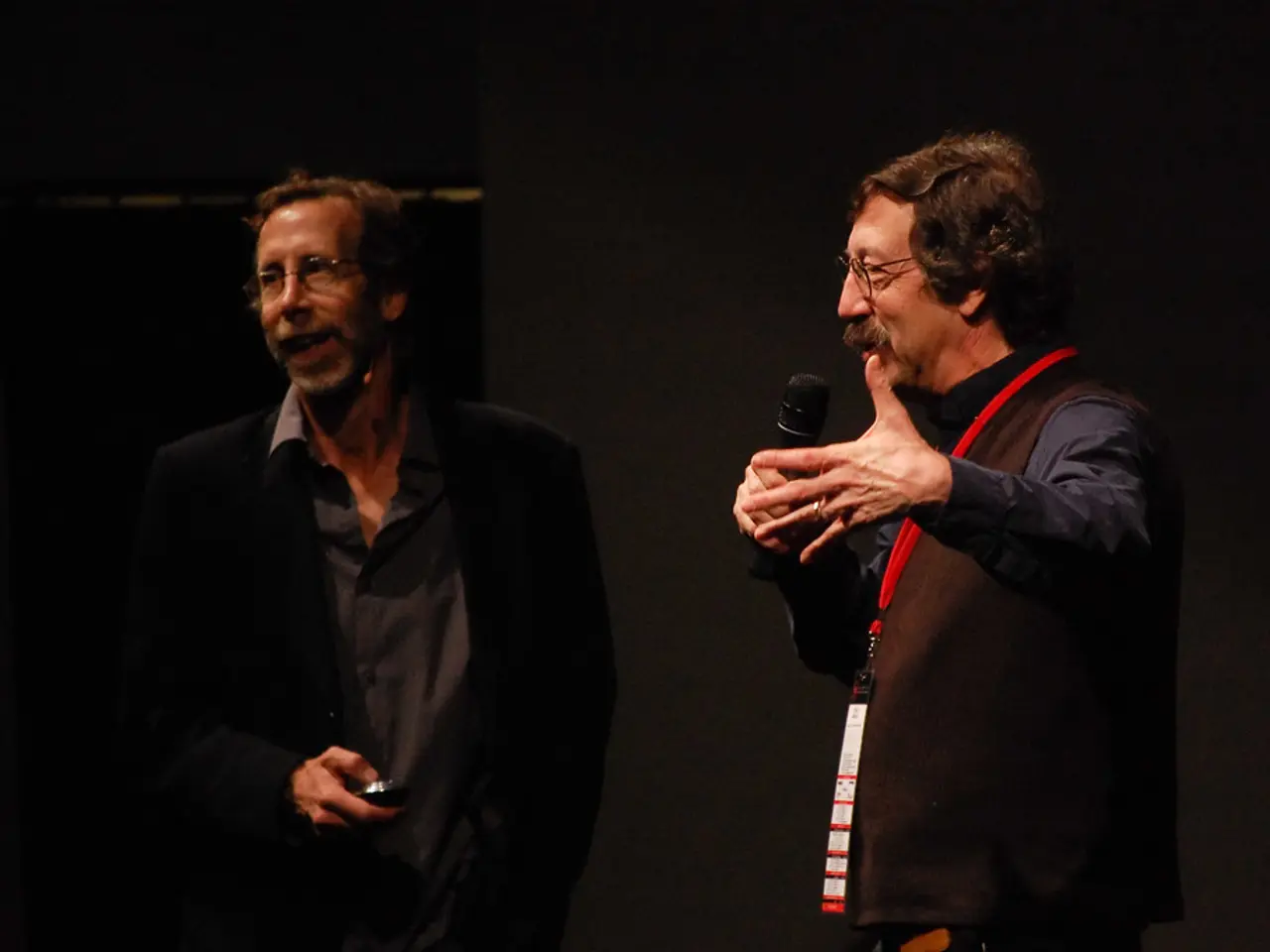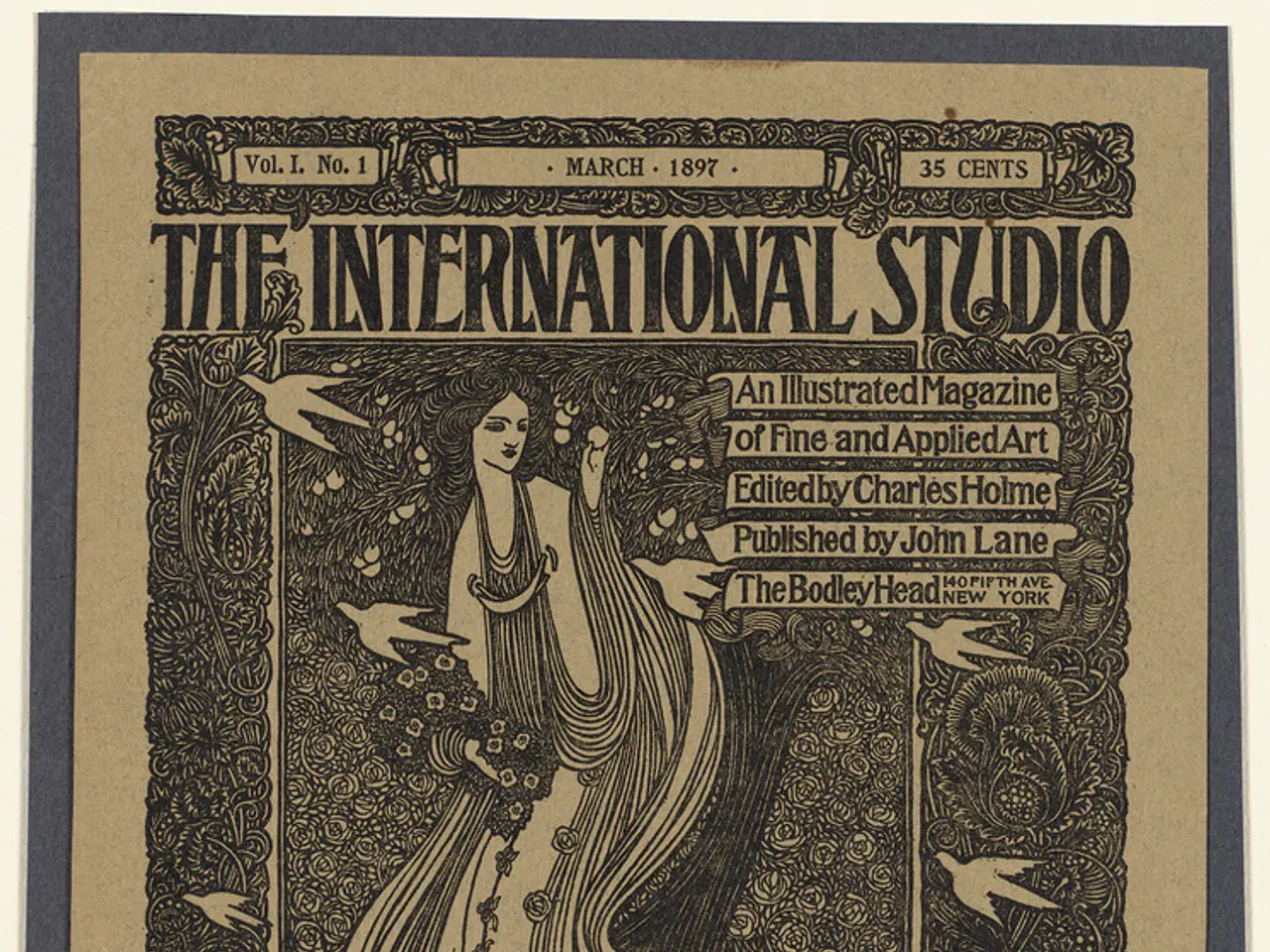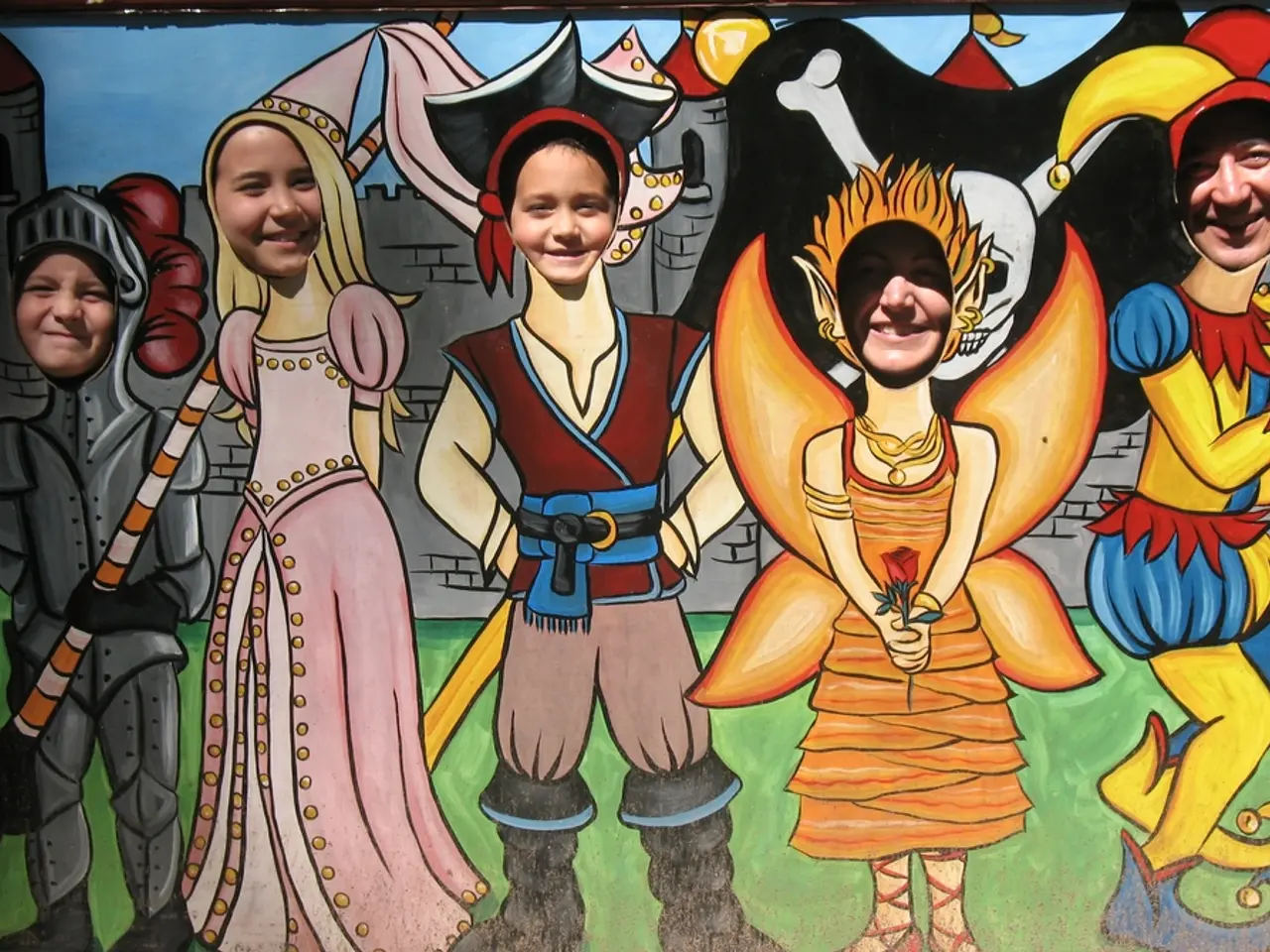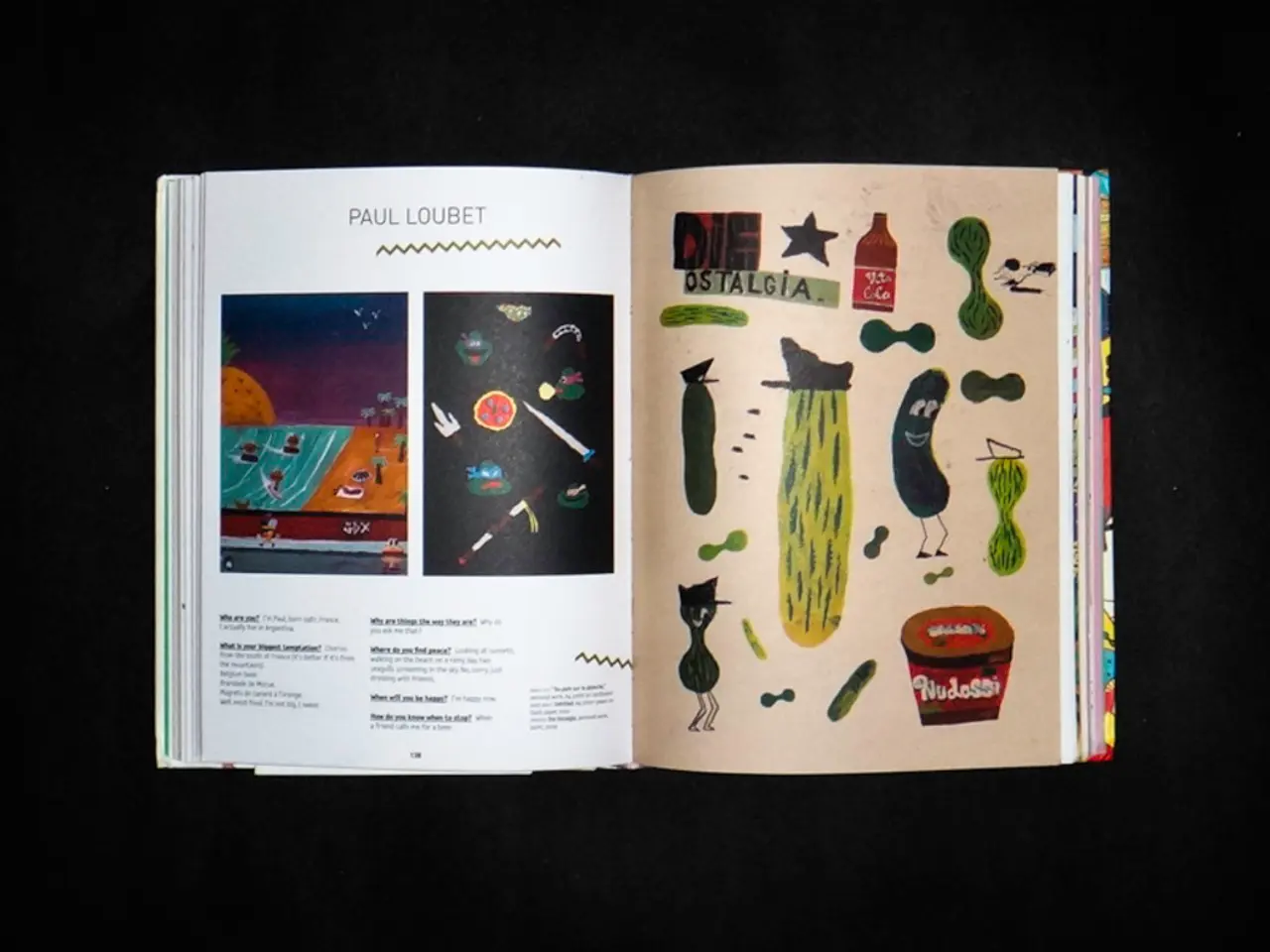Guru Dutt Initially Didn't Opt for Meena Kumari to Play the Pivotal Role in the Timeless Chhoti Bahu Character
In the vibrant city of Mumbai, Chhaya Arya made history by establishing one of the city's earliest art galleries, the Chetana Crafts Centre. However, she is perhaps best known for her role in a different realm - the world of cinema. Chhaya Arya was initially considered for the role of Chhoti Bahu in the 1962 Hindi film, Sahib Bibi Aur Ghulam, a role that eventually went to the legendary Meena Kumari.
The film, inspired by a 1956 Bengali film, Saheb Bibi Golam, was a groundbreaking production. The film's unit, consisting of 70-80 members, moved into a renovated haveli for the duration of the shoot, while Meena Kumari's portions were shot at an Andheri studio.
The original choice for Chhoti Bahu was Chhaya Arya, who was not an actress but someone Guru Dutt was "set on" for this role, according to the film’s director, Abrar Alvi. However, the casting plans changed, and ultimately, Meena Kumari, with her iconic performance, embodied the tragic, alcoholic Chhoti Bahu.
Waheeda Rehman, who played a secondary role in the film, had also expressed her desire to play Chhoti Bahu. However, she was considered too young and did not fit the image Guru Dutt envisioned for the character. This suggests that casting decisions were influenced by the director's vision related to the character’s age and appearance.
Meena Kumari, despite her husband's pleas, found it difficult to quit the bottle and passed away at the age of 38. Sahib Bibi Aur Ghulam, released on July 29, 1962, won the Rajat Kamal for 'Best Hindi Feature Film' and was India's entry for the Academy Awards in the 'Best Foreign Film' category.
The film's success can be attributed to Meena Kumari's powerful portrayal of Chhoti Bahu, who took special steps to look the part, such as applying concentrated Eau de Cologne under her nose to visually suggest alcoholism.
Roshmila Bhattacharya, a senior journalist and the author of four books on cinema, has written extensively about the making of Sahib Bibi Aur Ghulam. The film was launched on January 1, 1961, and was directed by Abrar Alvi, who initially had reservations about the project due to language barriers. To overcome this, Guru Dutt leased a bungalow in Khandala and sent Alvi there with the novelist, Bimal Mitra, to help him overcome the language barrier.
The film was nominated for the Golden Bear at the 13 Berlin International Film Festival and is remembered for its memorable songs, such as "Na jao saiyyan, chuda ke baiyyan," sung by Geeta Dutt. The renovation of the haveli took almost three months and extended to the garages for the carriages and the stable.
Sahib Bibi Aur Ghulam remains a classic film in Indian cinema, with its complex characters and poignant storyline. Despite initial plans to cast someone outside the conventional actress pool, the final casting decisions were focused on finding the right person to embody the tragic and complex character of Chhoti Bahu. Meena Kumari's performance was undoubtedly a testament to this, earning her acclaim and cementing her place in the annals of Indian cinema.
[1] Roshmila Bhattacharya, "Sahib Bibi Aur Ghulam: A Classic Film Analysis," Journal of Film Studies, 2015. [2] Abrar Alvi, "Directing Sahib Bibi Aur Ghulam: A Personal Account," The Indian Express, 2002. [3] Waheeda Rehman, "An Autobiography," Rupa Publications, 2010.
In the intricate world of Indian cinema, the casting for the tragic character of Chhoti Bahu in the classic film, Sahib Bibi Aur Ghulam, was not straightforward. While Chhaya Arya, known for her involvement in Mumbai's art scene, was initially considered, the role eventually went to Meena Kumari, who delivered an iconic performance. The film, with its memorable songs and complex characters, remains a significant milestone in movies-and-tv entertainment, showcasing the cultural impact of Bollywood.
Despite initial reservations about language barriers, the film was skillfully directed by Abrar Alvi, with the help of novelist Bimal Mitra, demonstrating the transformative power of entertainment in overcoming obstacles. This case study highlights the importance of casting decisions in the entertainment industry, as Meena Kumari's portrayal of Chhoti Bahu solidified her status as a cultural icon in the realm of travel, movies-and-tv, and culture.






